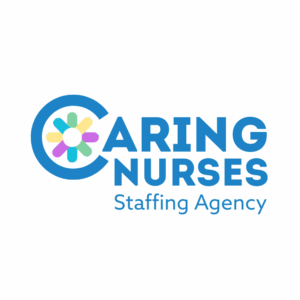Let’s face it. Nurses are on the frontlines of healthcare delivery, making them experts in understanding the intricacies of healthcare systems in ways that even doctors or hospital administrators cannot. Our daily experiences provide valuable insights into the challenges and inefficiencies within any healthcare system. We witness firsthand the gaps in patient care, resource allocation, and the effects of existing policies. This unique perspective equips nurses to provide valuable input and recommendations when it comes to crafting or amending healthcare legislation.
While lawmakers, policymakers, and healthcare experts are often at the forefront of drafting and passing healthcare legislation, nurses should also recognize the role they can play in this process. Nurses are not just caregivers at the bedside; they are also powerful advocates for patients and crucial stakeholders in healthcare policy.
Patient Advocacy:
One of the most significant ways nurses can impact healthcare legislation is through patient advocacy. Nurses are patient advocates by nature, advocating for the best possible care and outcomes for their patients. This advocacy extends to the policy level, where nurses can speak on behalf of patients who may not have a voice in the legislative process. By sharing our experiences and highlighting the needs of vulnerable populations, nurses can influence lawmakers to prioritize policies that improve patient care and access to healthcare services.
Bridging the Gap Between Policy and Practice:
Nurses serve as a vital bridge between policy and practice. They are responsible for implementing the policies and procedures established by healthcare legislation. Therefore, their input is essential in ensuring that policies are practical, effective, and aligned with the realities of healthcare delivery. Nurses can provide valuable feedback to policymakers, helping them understand how proposed legislation will impact healthcare providers and, ultimately, patient care.
Nowhere was this better illustrated than during the COVID-19 pandemic. With rules and regulations from Washington and the CDC changing seemingly by the hour, the average citizen didn’t know what to do and began to lose faith in health and government institutions. When the vaccines came out, much of the public was distrustful. but as nurses and other healthcare workers were given the vaccine the tide of public sentiment began to turn. Nurses, who had been on the front lines in the worst of it began to encourage their friends and relatives to get the vaccine thereby showing it was safe. The best form of advertising is word of mouth and nurses played strong roles in the success of the vaccine by being advocates.
Grassroots Advocacy:
The COVID-19 pandemic and response to vaccines show that nurses have the power to mobilize at the grassroots level and engage with their communities on healthcare issues. We can organize public awareness campaigns, town hall meetings, and other events to educate the public and garner support for specific healthcare legislation. Grassroots advocacy can put pressure on lawmakers to prioritize healthcare reform, especially when they see that their constituents, including nurses, are deeply invested in these issues.
Raising Awareness of Nursing Issues:
To that end then, nurses can use their collective voice to raise awareness of nursing-specific issues that need attention in healthcare legislation. These issues may include nurse staffing ratios, safe working conditions, scope of practice, and professional development opportunities. By advocating for our own profession, nurses can indirectly influence legislation that affects the entire healthcare system.
By actively participating in policy discussions, providing evidence-based insights, and advocating for patients and their profession, nurses can drive positive changes in healthcare systems. Our involvement is not just beneficial; it is essential for creating legislation that truly reflects the needs of patients and the realities of healthcare delivery. Policymakers, healthcare administrators, and the public must recognize and appreciate the significant impact nurses can have on healthcare legislation for the betterment of healthcare systems worldwide.
